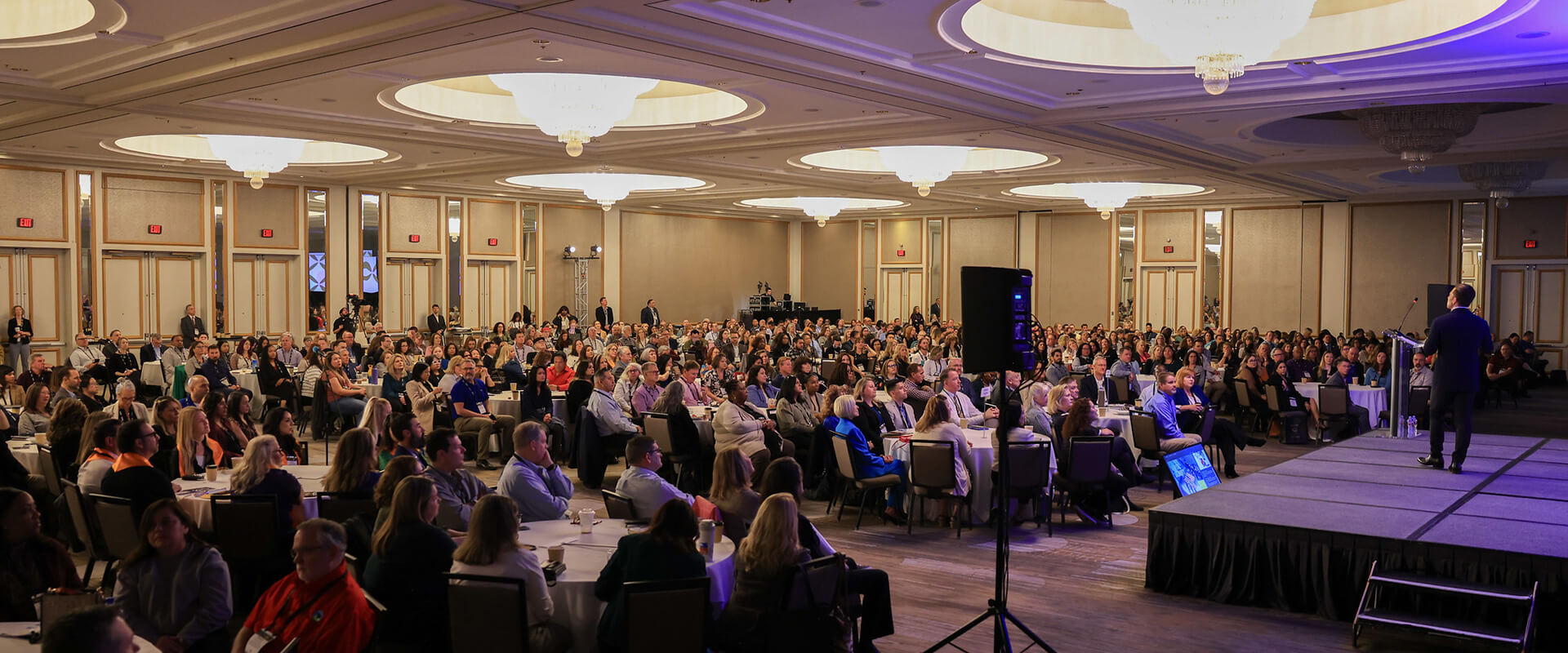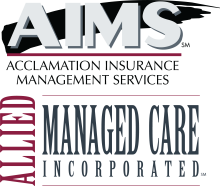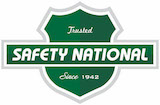When a major storm rolls into an area, there are often numerous citizens who believe the storm will be dangerous. Then there’s the second camp — the more dangerous camp — who may not believe the storm will be all that intense and do not effectively prepare themselves for the storm.
For emergency managers, people who are unprepared for emergencies creates a number of problems. For instance, lack of citizen preparation creates dangerous situations for public safety employees.
These local residents may not believe they need to prepare, because they think that they will still have access to numerous resources during a disaster. Social scientists often pinpoint this type of behavior to determine whether there is a behavior pattern that can be altered.
Emergency managers have long posited that more education helps individuals to know how they can effectively prepare for a disaster. But education often only goes so far — it does not take away the need for disaster preparation.
Community Residents Over-Depend on Supermarkets for Disaster Preparedness
For the convenience of locals, supermarkets typically stay open for long hours, sometimes staying open 24 hours a day. Local residents know that they can buy necessary supplies at almost any time of day or night. But during storms, some residents skip preparation because they know they can easily drive to a store in town if necessary.
However, this over-dependence on supermarkets is hazardous. What if local stores suffered damage during a major storm and supplies were cut off? Would that motivate local residents to prepare for a natural disaster the next time one happened?
This concept would be difficult to measure without actually cutting off supplies to residents. But the concept certainly poses an intriguing question about human behavior and preparedness.












